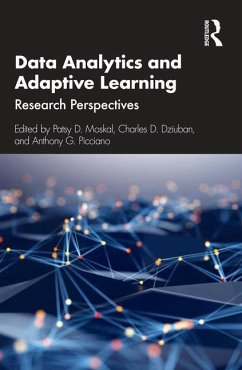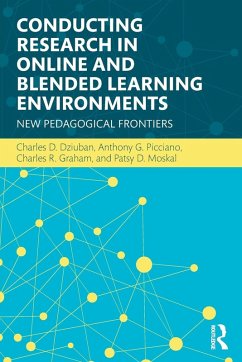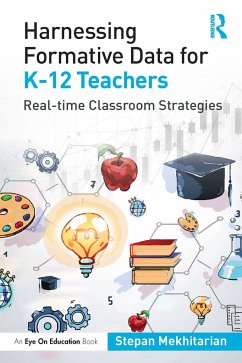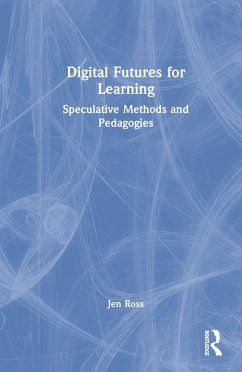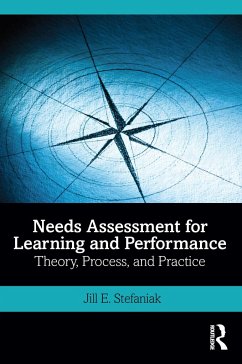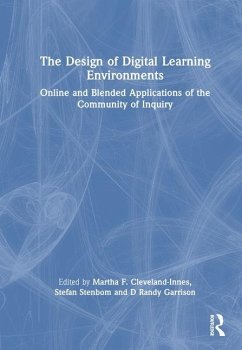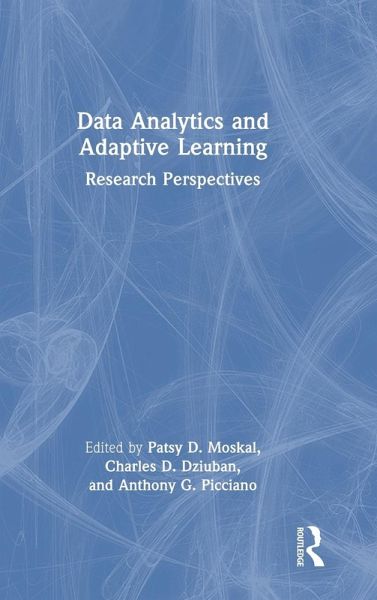
Data Analytics and Adaptive Learning
Research Perspectives
Herausgeber: Moskal, Patsy D.; Picciano, Anthony G.; Dziuban, Charles D.
Versandkostenfrei!
Versandfertig in 1-2 Wochen
168,99 €
inkl. MwSt.
Weitere Ausgaben:

PAYBACK Punkte
84 °P sammeln!
Data Analytics and Adaptive Learning offers new insights into the use of emerging data analysis and adaptive techniques in multiple learning settings.





